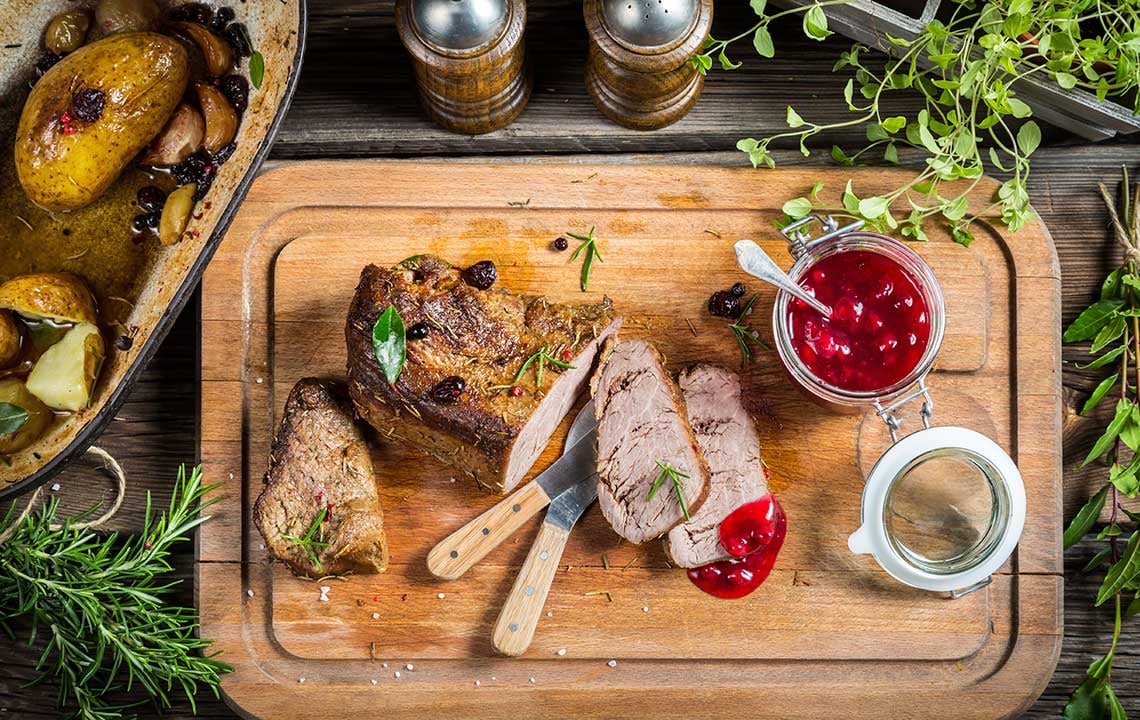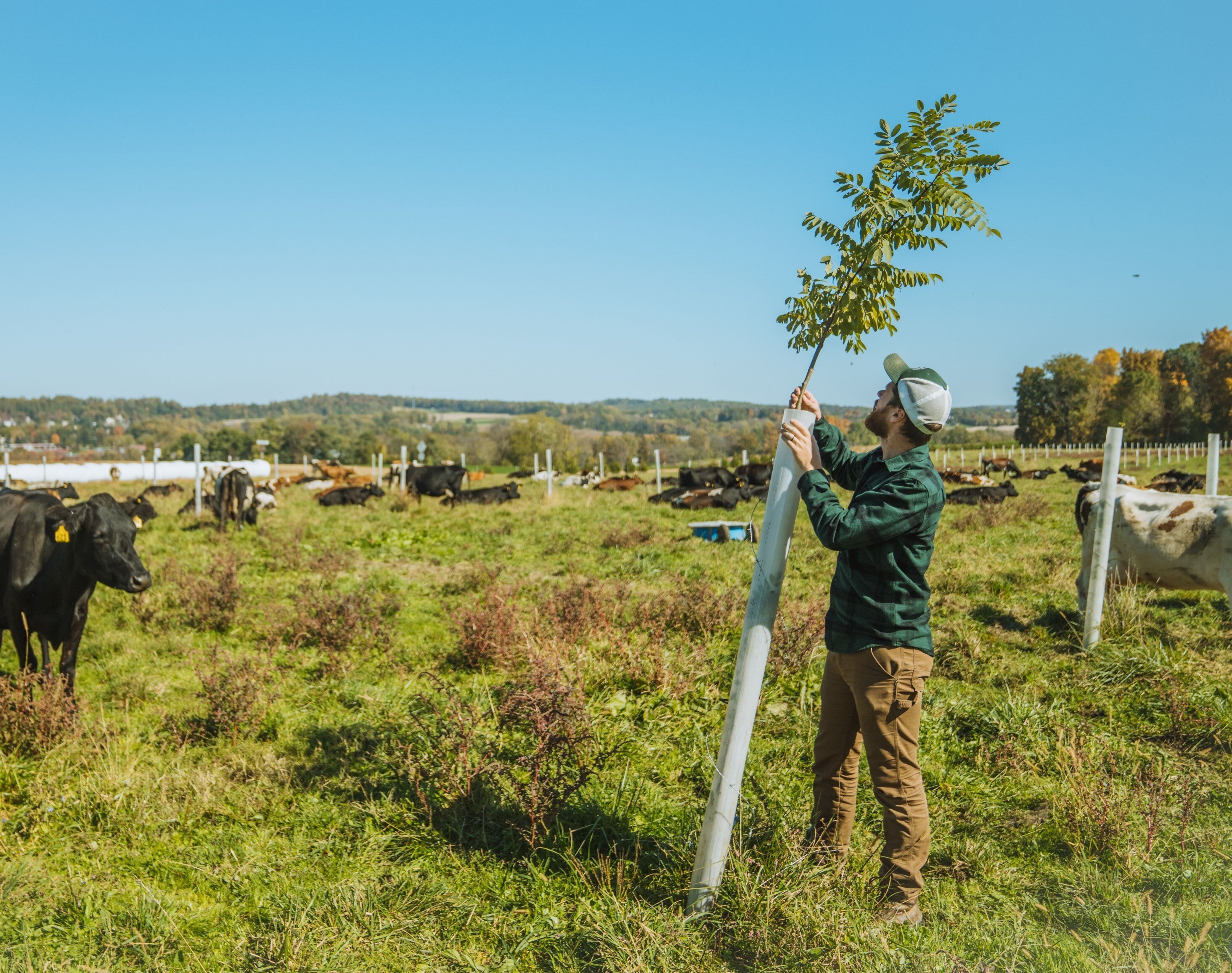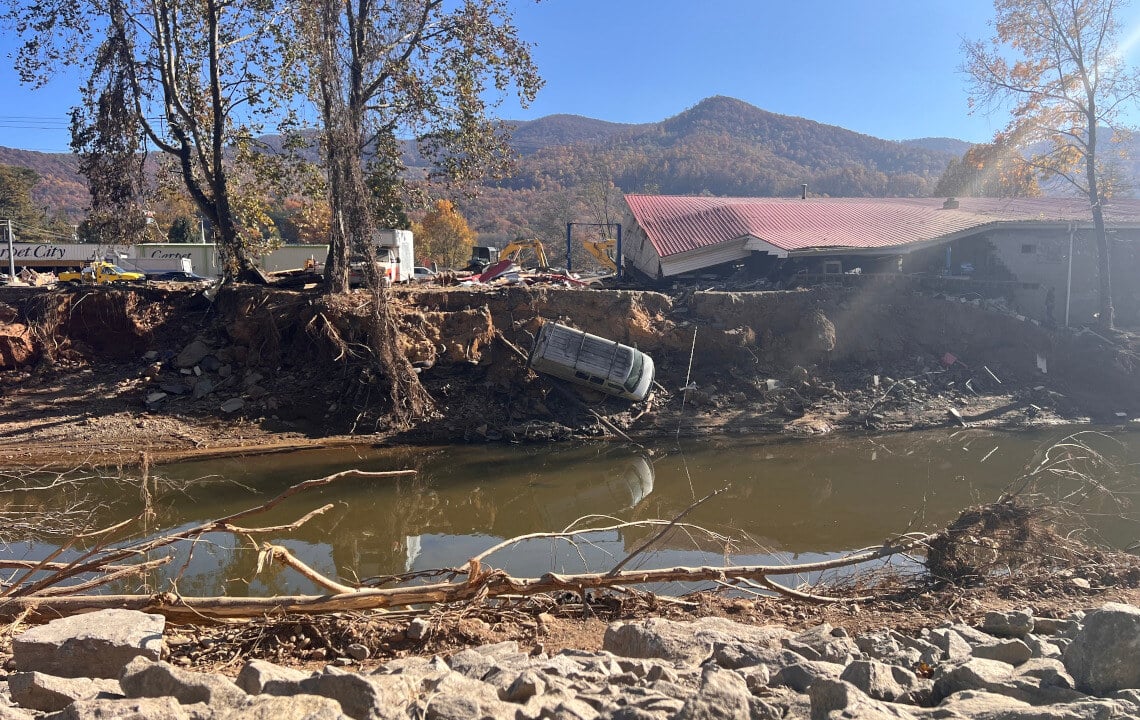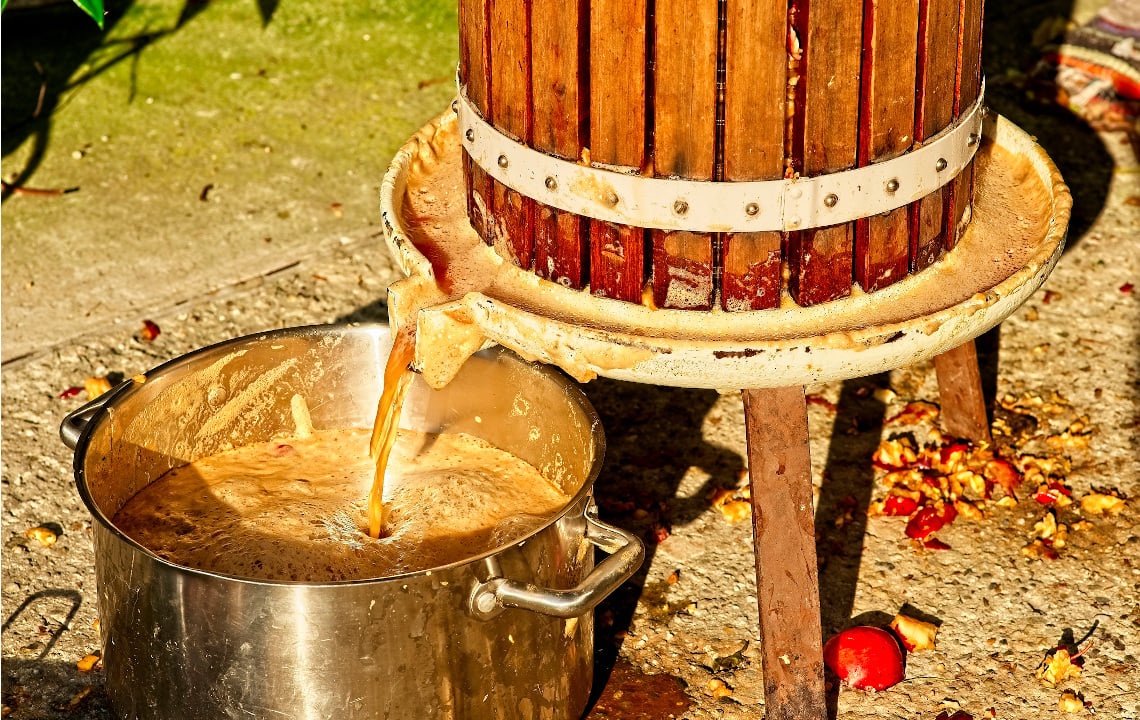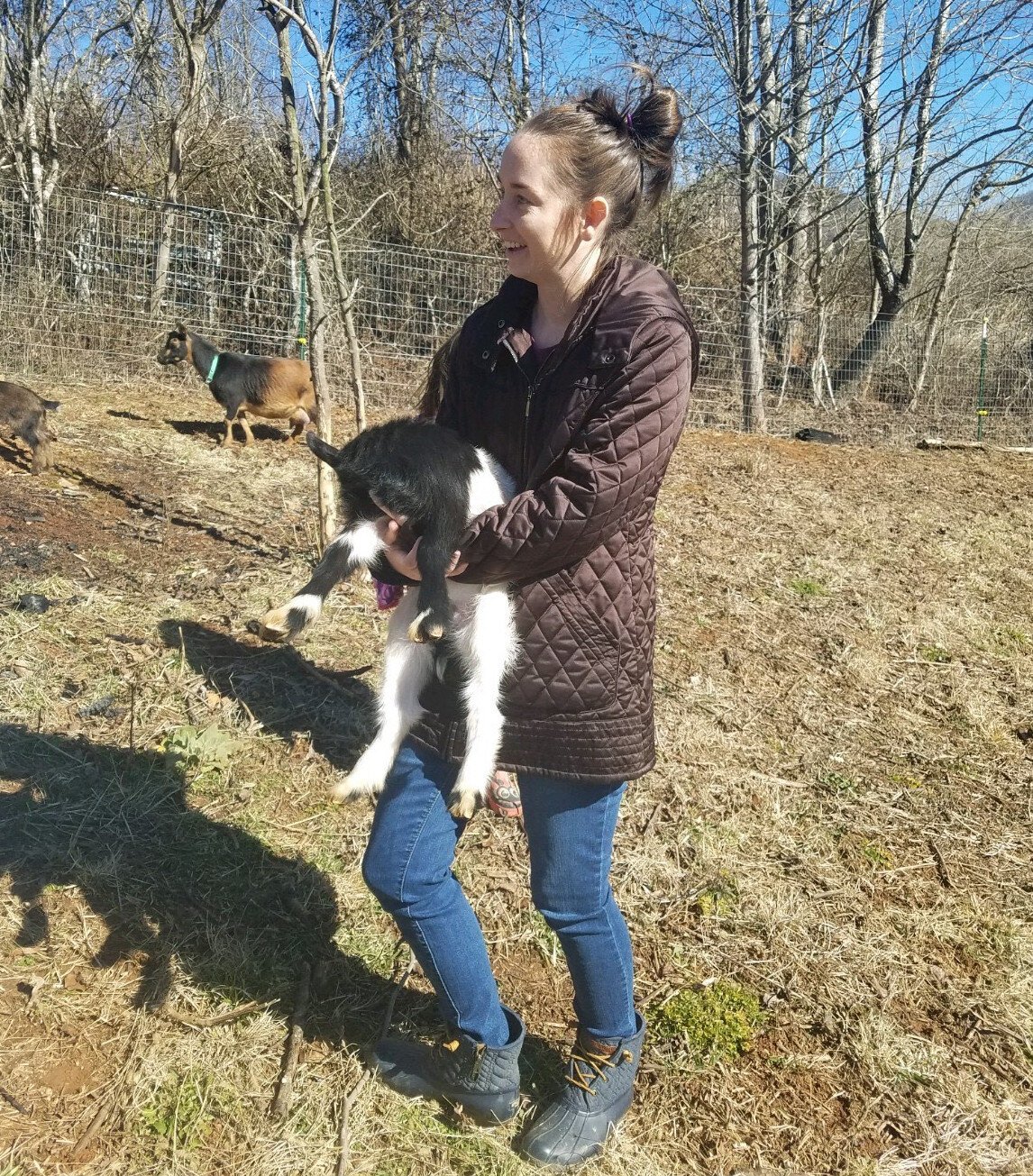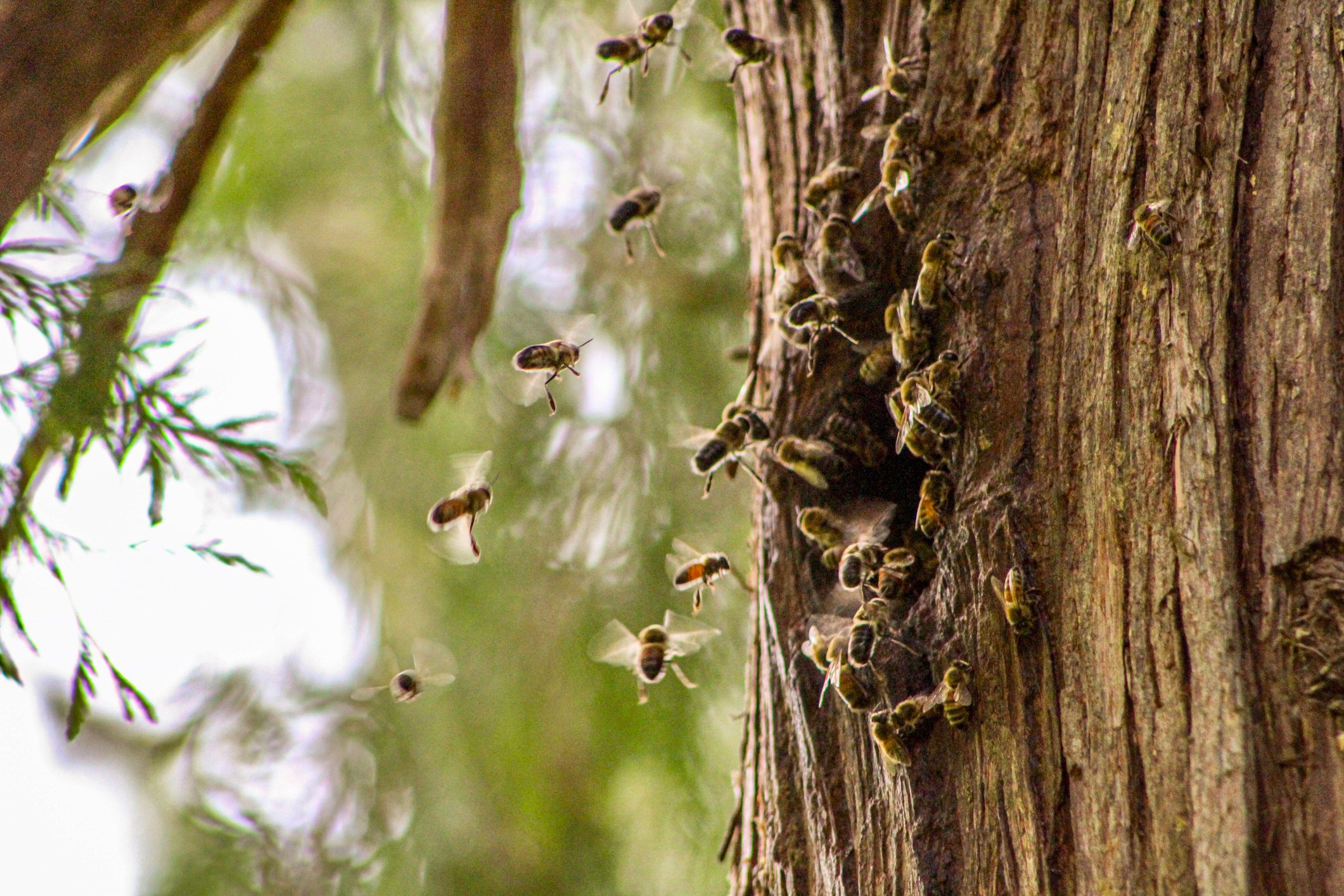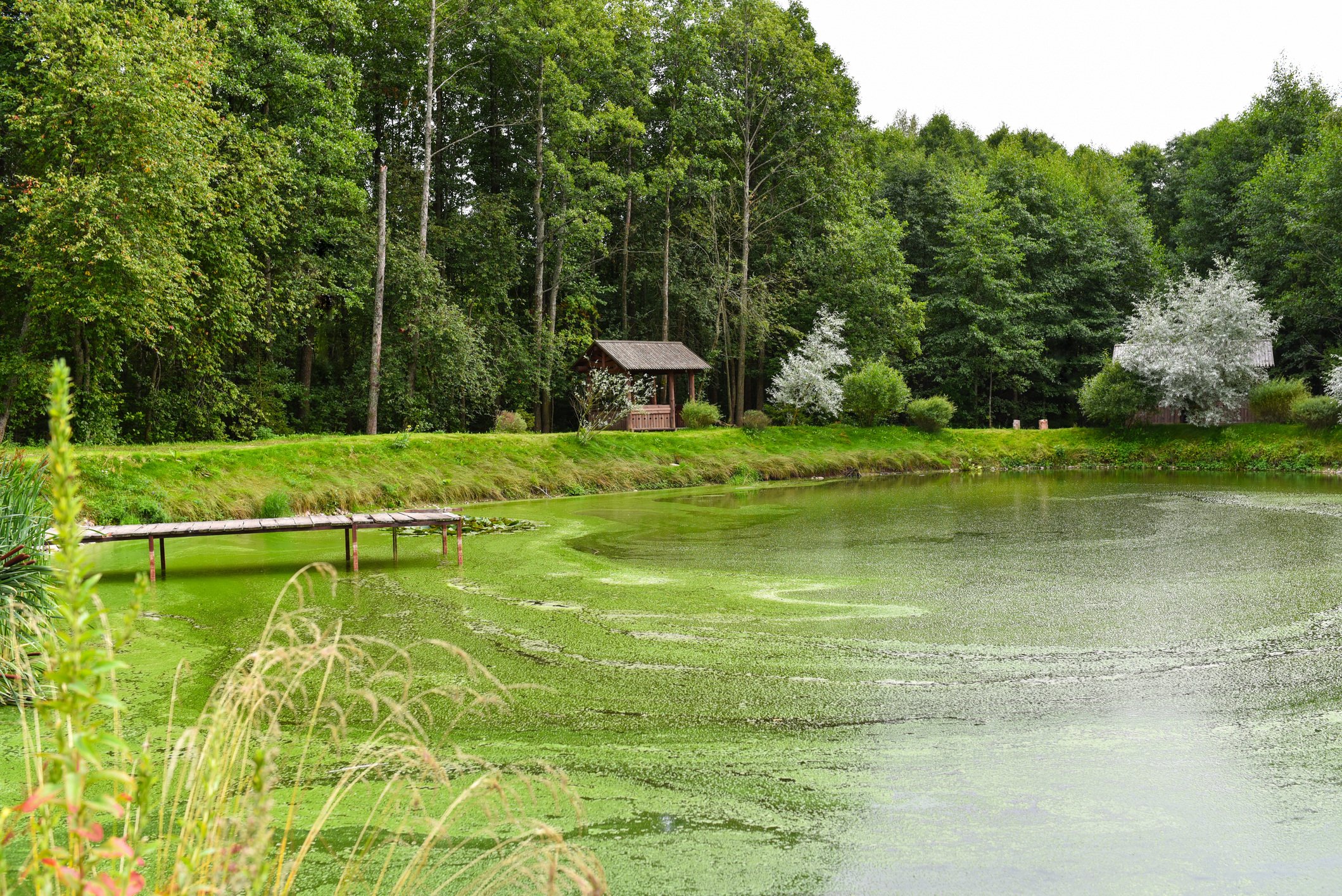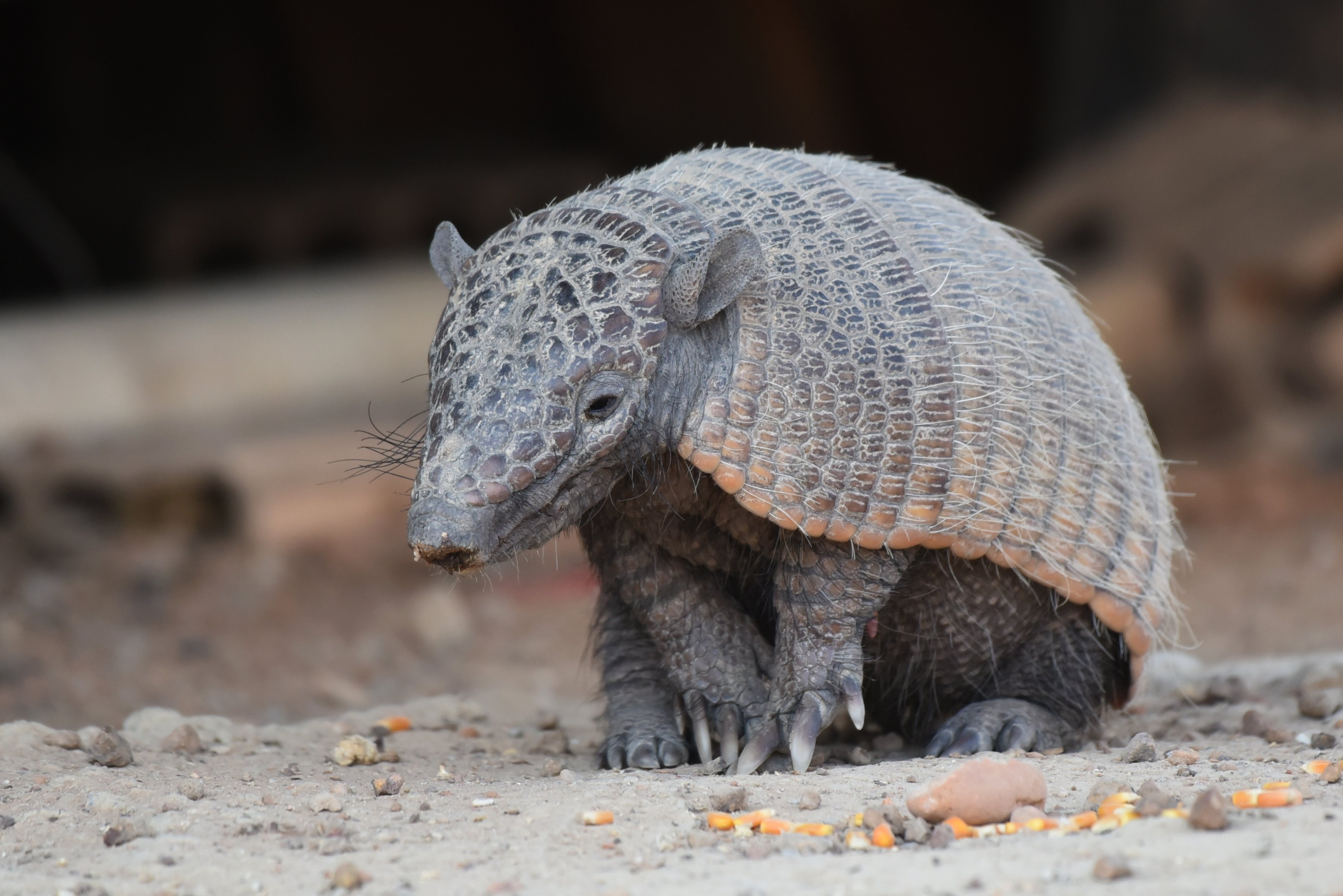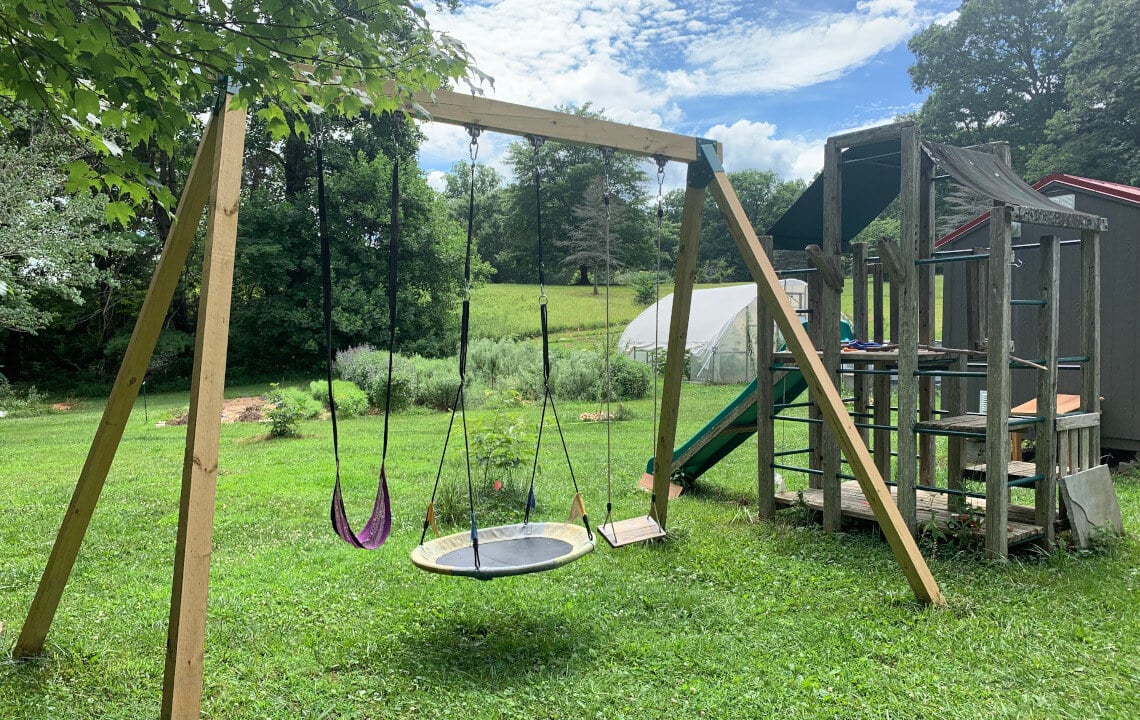Our health expert explains the many health benefits of eating wild game.
It’s been one of those days at work, you’re already late getting home, and you still have to figure out dinner.
You dash into the grocery store to grab some essentials (and hopefully some inspiration).
You cruise through produce for some veggies, grab a bag of pasta or rice, then it’s over to the meat section…
Ugh. The confusing, conflicting, and sometimes even gross meat section.
The labels all say something different. “Certified Humane”, “No antibiotics”, “Grass-fed”, “Fed a Vegetarian Diet”, “Hormone-free”, “Organic”, “Natural”, “Free-Range”, “Locally-raised”, etc.
You’re overwhelmed by choices as your tired brain struggles to choose the healthiest protein. As you try and decode these bizarre label claims, obvious questions start to surface…
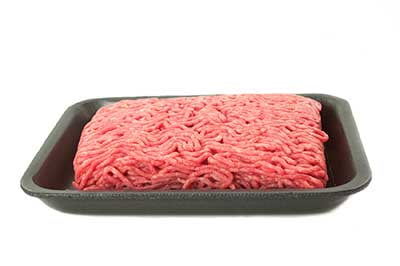 “What’s the difference between grass-fed and free-range?”
“What’s the difference between grass-fed and free-range?”
“Isn’t all organic meat raised humanely?”
And my personal favorite: “Isn’t all meat supposed to be natural?”
If you’re confused, concerned, or even fearful about what meat and animal products to eat, you’re not alone.
Foodborne pathogens have become so common that health officials warn against washing chicken for fear of salmonella-splatter, while toxic ammonia-based fillers are added to ground meat to help kill E. coli.
The meat and poultry industries are failing us, confusing us, and frankly making us sick.
For those seeking a healthier alternative, you need look no further than wild game.
Here are 9 darn impressive health benefits you can gain by swapping out your grocery store meat for wild game.
1. Wild game is leaner than farmed meats.
This is because wild animals walk, run and roam all day. One misconception about “organic” meat is we assume the animals are allowed to roam free. Sadly, this is not always the case.
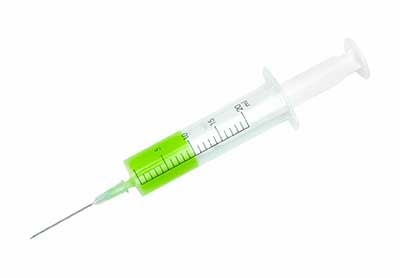 An organic, free-range chicken, for example, may be fed organic grain and raised in a barn with limited access to a tiny, screened-in cement porch.
An organic, free-range chicken, for example, may be fed organic grain and raised in a barn with limited access to a tiny, screened-in cement porch.
Not exactly my idea of “free range.” How about you?
2. No antibiotics or other pharmaceuticals to worry about.
With growing concerns about over-consumption of antibiotics and antibiotic resistance, you can rest assured a deer steak or wild turkey leg won’t contain antibiotics or contribute to the proliferation of super-bugs.
3. A healthy and affordable dose of conjugated linoleic acid (CLA).
CLA is a dietary fat that has been researched for its anti-cancer properties, and is commonly used as a weight-loss/body building supplement.
Wild game, and pastured-raised meats and raw dairy products are an ideal source of naturally-occurring CLA.
4. No hormones added.
By now, we all know the detrimental effects of hormone-laden meats— especially to young children. Yet they are still commonly used by the conventional meat and dairy industries.
For hormone-free insurance, opt for wild game, hormone-free grass-fed meats, and organic pasture-raised dairy.
5. Low risk of foodborne illness.
Factory farmed animals are deprived of their natural diet and forced to live in stressful, dirty, confined environments, making them more susceptible to disease.
When these animals are slaughtered, disease spreads all over the processing plant. Same goes for organics that are processed in the very same plants as conventional meats.
According to Consumer Reports, 97% of chicken tested contained bacteria that could make you sick. Meanwhile salmonella and E. coli have become so common in ground beef, the Center for Science in the Public Interest has declared it “one of the riskiest foods to have in your kitchen.”
Suddenly a venison burger doesn’t sound so bad…
A wild animal is likely a healthy animal, and small, clean, reputable game processing facilities make contamination an unlikely issue.
Though you should always cook and handle any meat properly, you don’t need to worry about foodborne pathogens the way you would with grocery store meat.
6. Affordability.
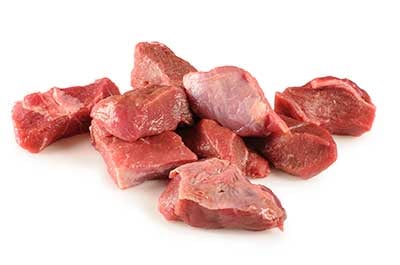 Though I am a huge advocate and lover of sustainable, ethical farming…I know grass-fed and wild game meat can get expensive.
Though I am a huge advocate and lover of sustainable, ethical farming…I know grass-fed and wild game meat can get expensive.
The last freezer full of venison I bought cost $37.00. You do the math.
Also, sometimes hunters don’t pick up their meats from the processing plant. So if you call and ask, you could score some quality cuts for the mere cost of processing.
7. No pink slime.
You probably remember Diane Sawyer’s big expose on pink slime found in fast food and school lunch meat. After that most companies caved to public pressure and stopped using it…for a while. But once the news cycle ended and pressure was off, it was back in circulation.
This ammonia-laden product is added as a filler to ground poultry and beef to help kill E. coli…while slowly harming the consumer with its toxicity.
I could write an entire post on the insanity behind pink slime, and how studies have proven it increases the incidents of E. coli…but I digress.
Bottom line: pink slime is not an issue with wild meat.
8. A healthy dose of Omega-3 fatty acids.
When you think Omega-3s, you probably think wild salmon—but did you know it is also found in wild game and grass-fed meats?
According to a study by Purdue University, wild game such as deer and elk has an ideal ratio of Omega-3 to Omega-6 fatty acids, making game one of the healthiest sources of good fat on earth.
9. By choosing wild game, you reduce your carbon footprint.
Aside from the obvious health detriments to humans, confined factory farming is taking a huge toll on the environment.
It’s offenses include the proliferation of antibiotic-resistant bacteria, killing off aquatic eco-systems, and polluting soil, groundwater, and air with heavy metals, phosphorus, nitrogen, pathogens, ammonia, hormones, and methane.
Confined factory farming hurts the planet as much as it hurts humans and animals.
For some, the moral question of hunting is an issue. But I would suggest the moral and environmental implications of factory farming are what we should be debating. Not hunting.
When you live in the country, sooner or later you will be offered wild game such as deer, rabbit, wild turkey, goose, pheasant, or boar. Or you may wish to try your hand at hunting.
Though you may feel a little strange about it at first, do not hesitate to “get your game on” (sorry, I couldn’t help it) and give wild meat a try.
Now over to you, what types of wild game have you tried or would you try? I’ve tried venison, rabbit, moose, caribou (yes, I’m from Canada), and duck. All were delicious!
-Kristen
Are you looking for recreational land to hunt your own game on? Raydient Places + Properties features rural land for sale throughout the South in Florida, Georgia and Texas. Take a look at the current inventory at RaydientPlaces.com.


